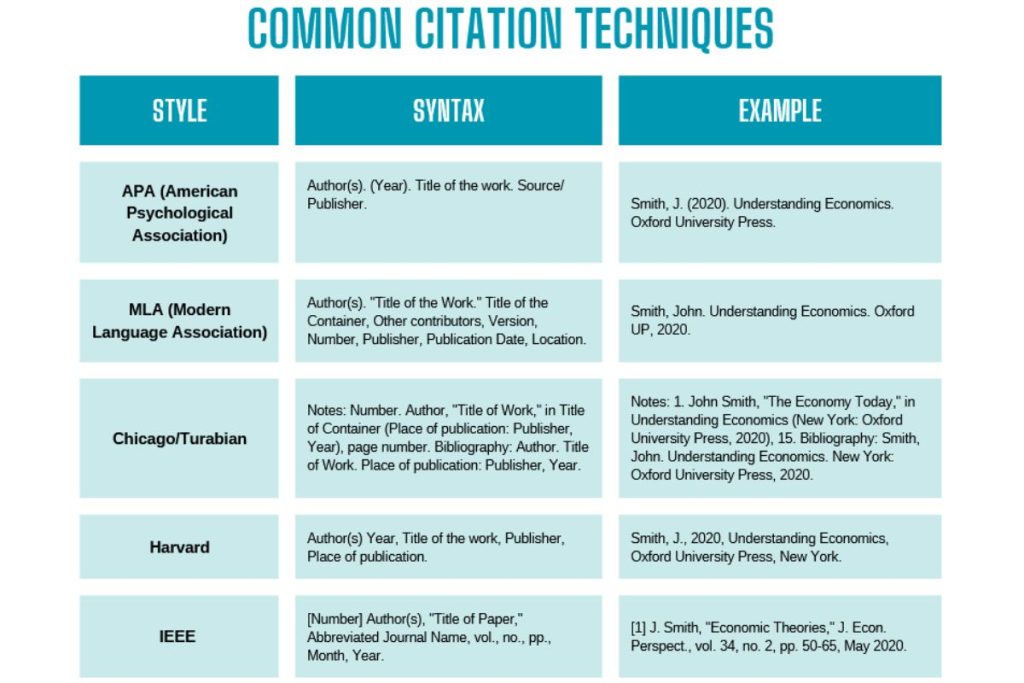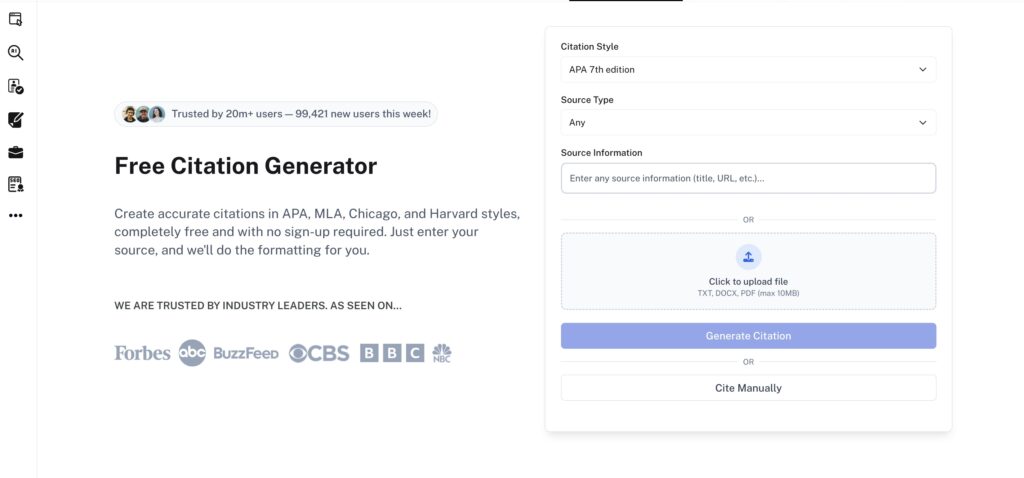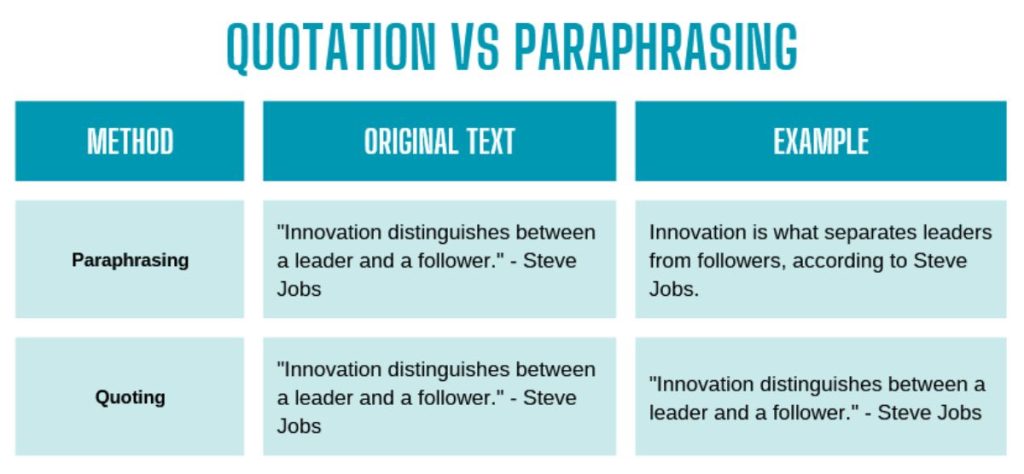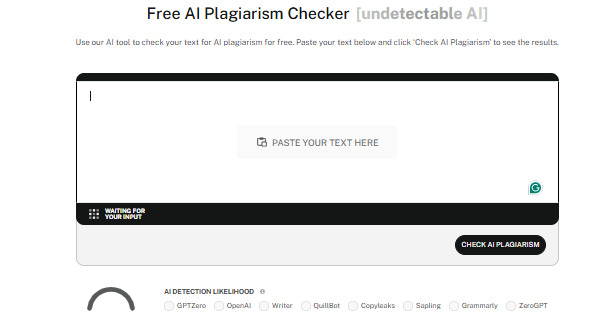When you use someone else’s ideas, words, or even concepts without proper acknowledgment, you are engaging in plagiarism.
Whether copying a few sneaky sentences from Wikipedia or attempting to pass off an entire journal article as your own work, the implications of plagiarism are often far-reaching and quite serious.
The act of plagiarism, whether intentional or not, can not only damage your reputation and career but erode the trust between one another within academic institutions.
Therefore, the conversation regarding the consequences of plagiarism, particularly for professionals, is an important one to have.
Key Takeaways:
- Plagiarism has serious academic, professional, and personal consequences.
- Students risk failing grades, suspension, or even expulsion.
- In the workplace, plagiarism can lead to job loss, lawsuits, or reputational damage.
- Legal risks include copyright infringement and potential court action.
- Tools like Undetectable AI help avoid plagiarism with citation, detection, and humanization features.
What Are the Consequences of Plagiarism?
More than just an academic faux pas, getting caught plagiarizing comes with serious penalties that extend far beyond your reputation.
Unfortunately, plagiarism often begins early, and before robust detection tools existed, many students avoided consequences altogether.
According to the Academic Integrity organization, about 60% of university students freely admit to cheating in some form.


Never Worry About AI Detecting Your Texts Again. Undetectable AI Can Help You:
- Make your AI assisted writing appear human-like.
- Bypass all major AI detection tools with just one click.
- Use AI safely and confidently in school and work.
Recent data suggest that those numbers are stable or even rising. For example, some 2025 reports indicate that nearly 65% of students admit to past academic dishonesty.
What begins in college too often carries into careers. For anyone who’s ever tapped “copy-paste,” it’s essential to understand the academic, professional, and ethical consequences of plagiarism.
Consequences of Plagiarism in College
Plagiarism in college is not only a breach of academic integrity but can essentially cheat yourself out of your own academic and intellectual development.
Academic institutions have strict policies and generally employ detection platforms that can quickly and accurately detect even light forms of plagiarism.
If found guilty, students may face failing grades, suspension, or—in the worst or repeat offenses—expulsion.
It turns out that plagiarism in college can also come back to haunt you.
Claudine Gay’s plagiarism allegations, including the use of earlier academic works, exemplify how academic misconduct may follow you into professional life.
Consequences of Plagiarism in the Workplace
In the workplace, especially in STEM fields, the consequences of plagiarism aren’t just a slap on the wrist and a long chewing out.
They can be as severe as losing both your income and reputation.
When employees copy work, articles, or even code and scripts from each other, it undermines trust for both the employee and the company they work for.
As such, consequences for plagiarism in the workplace can often result in court cases and even criminal proceedings.
Interestingly, it’s not just articles or code that can be considered workplace plagiarism.
In an infamous case of corporate plagiarism, Microsoft has been accused of plagiarizing the Arial typeset from the Helvetica font.

This has been an ongoing source of debate for some time, and we’ll leave it up to you to decide whether or not Microsoft did in fact, plagiarize Helvetica.
The Personal Consequences of Plagiarism
If caught plagiarizing, either in the workplace or at college, how can it affect your future?
Unfortunately, plagiarism is taken so seriously in academic and professional circles that an accusation will likely follow you for life.
Here are a few of the ways plagiarism can affect you personally:
- Reputational Damage: Being labeled as someone who has plagiarized can tarnish your image irreparably, affecting both personal and professional relationships.
- Opportunity Loss: If your academic record is dishonest, it can lead to denied scholarships, academic awards, and eventually job opportunities.
- Psychological Impacts: The guilt and stress of being caught can lead to anxiety and imposter syndrome later on in your professional career.
- Ethical Dilemma: The consequences of plagiarism can be beyond the professional, it can lead to challenging one’s own ethical integrity and their place in academic and professional circles.
Legal and Ethical Implications
While plagiarism is definitely an ethical issue, it can also progress quickly into a legal one.
If you plagiarize someone’s copyrighted intellectual property and don’t abide by standards of attribution, it could land you in hot water.
Corporations and academics who stand in high regard may register their work as IP, or ‘Intellectual Property.’
Copying their content and publishing it as your own is considered copyright infringement, and you could be facing not only personal and professional embarrassment but time in court as well.
How to Avoid Plagiarism
With so many digitized copies of articles, encyclopedias, journals, and code, it’s inevitable that, at some point, you might unintentionally create something similar to another person’s work.
Understanding how to avoid such an embarrassing scenario is not only in your best interest but also crucial for maintaining integrity and originality in any work.
Here are some strategies to ensure that your work remains plagiarism-free before you hand it in.
Proper Citation Techniques
If you need to use someone else’s work, simply providing a citation indicating to whom the work belongs is generally sufficient to avoid being accused of plagiarism.
It involves correctly identifying the sources of the information and its author(s).
Most workplaces or academic institutions have their preferred technique for applying citations, so ensure you are using the correct one for your given situation.
Below is a table that outlines the syntax for the most common forms of citation techniques:

Before you start manually formatting every entry, try the Undetectable AI’s Citation Generator can make things much easier.
It helps you quickly and accurately build citations in APA, MLA, or Chicago style. Just enter your source details, and it provides a clean, properly structured citation you can copy into your work.

It’s especially useful when you’re juggling different citation formats for school, work, or publishing.
Paraphrasing and Quoting
Paraphrasing means restating someone else’s words or ideas in your own words.
It requires a good grasp of the original text’s meaning to ensure that your version still represents the original intention or concept.
On the other hand, quoting involves directly citing the source author’s text using quotation marks (“”) to delineate between your text and the source clearly.
Both techniques are widely used in scholarly writing and will require correct attribution of the original source to avoid being flagged as plagiarized.
Below is an example of both paraphrasing and quotation techniques with the correct attribution applied:

Using Plagiarism Detection Tools
Your boss or professors are probably already using platforms designed to detect plagiarism, so before handing in an assignment or work project, fight fire with fire by running your work through a detection tool as well.
Detection tools compare your work against vast databases of source material and help to highlight any unintentional similarities.
This helps you to identify and correct any wording quickly and avoid getting flagged for plagiarized work.
Here are some popular examples of plagiarism detection tools:
- Undetectable AI: This tool goes beyond traditional plagiarism detection. It identifies potential AI-generated content, highlights matching text, and features a Undetectable AI’s AI Plagiarism Checker that allows users to scan content without charge.

- Turnitin: A widely used platform in academic institutions, including K12 and college level. It provides extensively detailed reports of potential plagiarism.
- Copyscape: This tool is used primarily for checking content that is readily available online by scanning the internet for duplicate content.
- Plagscan: A plagiarism detection tool that is ideal for those who require that no scanned material be made available to third parties. For this reason, it is used extensively by businesses that need reports produced on sensitive content.
- Grammarly: Compares your content with billions of other webpages to ensure originality, it also has the added bonus of checking your grammar.
Understanding and Following Academic Integrity Policies
Upholding academic integrity is prioritized within institutes of higher learning.
Most institutions tend to have quite specific and well-documented standards of honesty and ethics regarding conduct in scholarly work.
When you enroll in a particular institution, it’s best to get familiar with these standards before starting to work on any projects.
Here are the most often addressed academic integrity policies:
- Plagiarism: The use of someone else’s ideas or expressions without proper attribution. Policies typically detail what actually constitutes plagiarism and the preferred citation methods.
- Cheating: A policy that outlines the type of behavior that would be considered dishonest to gain an unfair advantage in examinations and assignments.
- Fabrication: The act of inventing or falsifying data, research, and citations.
- Facilitation: Helping fellow students commit any act of academic dishonesty, including the ones mentioned here already.
- Collusion: Policies aimed at distinguishing when collaboration on academic work has occurred when it was supposed to be completed individually.
Academic institutions will usually enforce these policies through what are known as ‘disciplinary committees’.
These committees are responsible for formulating the policies and the consequences for not adhering to them.
Most institutions will hold workshops or host online knowledge bases that cover each policy in detail.
Engaging with these resources will ensure you are knowledgeable of them ahead of time, making it easier to adhere to ethical practices during your academic pursuits.
Improve clarity, authenticity, and tone. Access our tools through the widget below.
Conclusion
Plagiarism is considered a serious ethical and moral issue within the majority of professional and academic fields.
Engaging in plagiarism in today’s highly digitized world is almost certainly going to be detected, resulting in long-lasting academic, professional, and personal repercussions.
Understand these consequences well, and reflect on them next time you’re either tempted to sneak in a few lines of copied source text or forget to review your citations.
With Undetectable AI, you don’t have to leave things to chance.
Its Plagiarism Checker scans your work for originality while the Citation Generator helps you credit sources effortlessly, ensuring your writing stays both honest and polished.
And because AI detectors often deliver inconsistent results, Undetectable AI goes further by offering multiple detection scores and even a Humanizer to make sure your content reads authentically.
Stay protected, stay original, and stay ahead.
Try Undetectable AI today and write with confidence.
